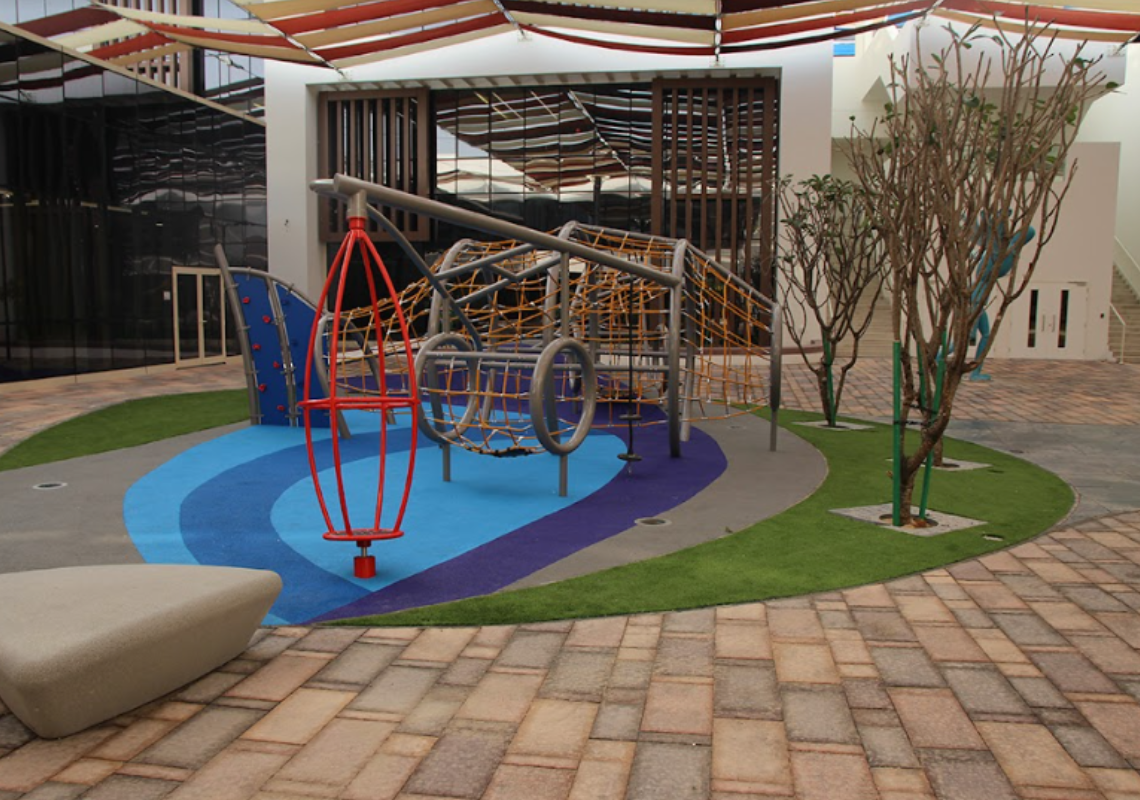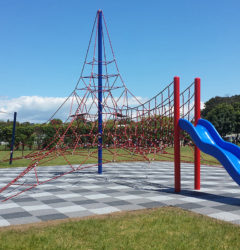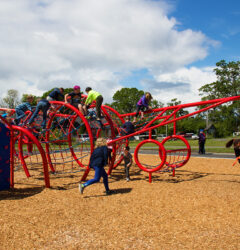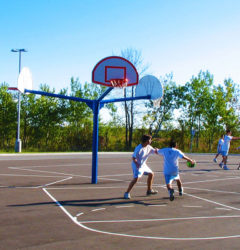31 Aug

It can be easily overwhelming to think of all the different ways you’re supposed to engage with a child during their development. When it comes to play, most of it happens naturally so we don’t necessarily need to overthink it. It helps to be mindful of the different ways children learn and develop but chances are they will do all the work for you!
Physical play helps children develop their muscles and bones. Their strength, balance, and their fine and gross motor skills all benefit as well. Physical activity at an early age has been shown to decrease the risk of developing health issues like heart disease, diabetes, and obesity in adulthood. With so much screen time these days, offsetting that with active play, especially outdoors can even reduce stuff carpel tunnel syndrome or poor posture issues.
If you child is spending any amount of time on the couch or in bed, playing video games or whatnot, even an hour outdoors can help bring alignment back into their body. A walk on a trail or a playdate at the playground can burn energy and be a reasonable space to get out all their yelling and screaming too. What about constructive play? How do we work that into our child’s day?
Constructive play isn’t just constructive things like blocks or towers, but any kind of play that creates something. Painting, sand play, and the ever popular ‘sensory’ play can all be constructive. It typically uses open-ended materials that can be made into whatever the child can imagine. Children get to problem solve as they create their masterpieces.
Can I put the block here? Oh, no that fell over. Can I put the block there? Yes, I can!
It’s one of the best ways to learn new skills. It helps set goals, helps them understand distance and size. They learn an “I can’t do it by myself” mentality, and also learn that there’s no right or wrong way to do most things in life.
Role-playing or fantasy play can be made easy by heading to your local thrift shop for some fun outfits or pulling items from your own closet can be so much fun for the kids in your life. To play with Nanny’s old apron while you pretend to be a chef, or to use Dad’s old ties as karate belts…the sky is the limit with fantasy play. You can explore the imagination and creativity of a child with something as simple as a box of old hats, and some costume jewelry.
Social play is another important one, and can tie into fantasy and construction play too, especially if they are at a good age for teamwork. We see a lot of social play when we are on any new developments or installs of our playgrounds. It’s amazing how quickly children will come together to share in play on a new piece of playground equipment.
When children from all socio-economic situations get to come together for play, it can offer such an amazing developmental opportunity for children. To play with other kids who don’t always look or sound like them, or to meet up at a community playground children get an opportunity to play their scenarios out with the scenarios of others. Take a child to a playground in the suburbs and the type of socializing can often be different than a playground at a school yard, or a playground at the city park. They develop language skills, they learn to share and take turns, they also get the joy of just making new friends.
Games with rules – like Simon Says or Red Rover – can teach kids all about fairness, patience, delayed gratification. Board games are also great. Depending on the age of the child, you can add or subtract rules to help the game play progress without frustration, but overall rules – and sticking to them – are an important part of developing the fundamentals of right and wrong.
The hard lessons about cheating, fair play, being a good sport when you lose, all of that is so vital to a child. They begin to learn that rules are rules, guidelines are guidelines, suggestions are suggestions. When they matter, what to apply where.
A game like snacks and ladders, for example, has very clear and easy to follow rules. You role the dice, you move the spaces, you go up the ladders and you come down the snakes. But, do we start on square one? Do we have to have the right number on the die at the end to win or do we need to just move past the final square? Those types of things can perhaps be negotiated.
Monopoly – if you’re brave enough to play that game with your friends – can have negotiations, but the general rules remain. It’s not often that the rules are what cause the friendly tensions in that game, it’s more likely the negotiations! But developing those skills at an early age can be useful in so many other areas of life too.
Morals development and character building comes from the knowledge that the rules aren’t enough, you actually have to put them to use. You have to apply strategy without being mean, you have to try to win, while learning not to be egotistical about it. You can be a gracious winner, and if you lose you can understand that you get to try again, and that’s OK.
You may not be able to get full buy-in from a toddler but if you work towards it there is a great chance you will end up with a 5- or 6-year-old who’s beginning to understand all of this.
Developing all the skills related to play will come naturally to most children. Our job is solely to provide them the resources and guidance needed to expand on those skills.









Follow Dynamo Playgrounds